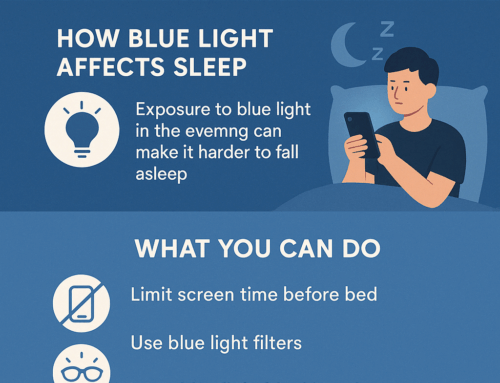Understanding Teen Mental health can be a frightening subject. Navigating the teenage years can be challenging for both teens and their parents. As teens go through rapid physical, emotional, and social changes, parents must be aware of the factors influencing their mental health and how to support them.
- Adolescence and Normal Emotional Turbulence
Teenagers often experience intense emotions due to hormonal changes and the pressure of transitioning from childhood to adulthood. It’s common for teens to feel overwhelmed, confused, or even moody. Understanding that these emotions are part of normal development can help parents approach these situations with patience and empathy.
What Parents Can Do:
- Listen Without Judgment: Create a safe space for your teen to express their feelings.
- Validate Their Emotions: Acknowledge their feelings without dismissing or minimizing them.
- Encourage Healthy Outlets: Support activities that allow teens to express themselves, such as art, music, sports, journaling, or attending church services.
- The Impact of Social Media and Peer Pressure
Social media can significantly affect a teen’s self-esteem and mental health. The constant comparison, fear of missing out (FOMO), and exposure to unrealistic standards can contribute to anxiety, depression, and body image issues. Additionally, peer pressure, both online and offline, can lead to risky behaviors or further stress.
What Parents Can Do:
- Monitor Social Media Use: Set boundaries on screen time and be aware of the platforms your teen uses.
- Install software such as Qustodio or Bark to monitor your teen’s social media if necessary.
- Discuss Online Safety and Reality: Talk about the difference between online portrayals and real life.
- Promote Positive Peer Relationships: Encourage friendships with peers who have a positive influence and discourage those who are harmful or toxic. To learn more about how social media can negatively impact your teens, visit our blog post.
- Signs of Mental Health Struggleshttp://thejemfoundation
It’s crucial to recognize the signs that your teen might be struggling with their mental health. Many parents believe, “Not my teen,” but mental health challenges can happen to anyone. These signs may include withdrawal from family and friends, drastic changes in behavior or appearance, declining academic performance, or expressions of hopelessness.
What Parents Can Do:
- Be Observant: Watch for changes in behavior, mood, or routine.
- Communicate Regularly: Have open conversations about their daily experiences and feelings.
- Seek Professional Help: Consult a mental health professional if you notice persistent changes.
- The Importance of Mental Health Education
Understanding mental health is as essential as understanding physical health. Educating teens about mental health helps normalize the conversation, reduce stigma, and encourage them to seek help if needed.
What Parents Can Do:
- Educate Yourself and Your Teen: Learn about common mental health issues and share this knowledge with your teen.
- Model Positive Mental Health Practices: Show your teen the importance of self-care, stress management, and seeking help when necessary.
- Encourage Open Discussions: Make mental health a regular topic of conversation in your household.
- Encouraging Resilience and Coping Skills
Building resilience helps teens navigate life’s challenges. Teaching coping skills and problem-solving techniques can empower them to handle stress and bounce back from setbacks.
What Parents Can Do:
- Promote Healthy Coping Mechanisms: Encourage exercise, hobbies, and mindfulness to manage stress. Please read our blog about how to help your teen with stress.
- Teach Problem-Solving Skills: Help your teen develop strategies for overcoming obstacles.
- Foster Independence: Allow your teen to make decisions and learn from their experiences while being available for guidance.
- When to Seek Help
There may be times when professional intervention is necessary. If your teen exhibits signs of severe distress, such as unusual sadness, anxiety, eating too little or too much, self-harm, suicidal thoughts, or substance abuse, it’s crucial to seek help immediately.
What Parents Can Do:
- Know the Resources: Familiarize yourself with local mental health services, hotlines, and counseling options. National Resources List
- Be Supportive: Let your teen know that seeking help is a sign of strength, not weakness.
- Stay Involved: Work closely with mental health professionals to support your teen’s treatment and recovery.
Supporting your teen’s mental health is a continuous process that requires awareness, empathy, and communication. Mental health challenges can affect any teen, regardless of their background or circumstances. By staying informed and involved, you can help your teen navigate the challenges of adolescence and develop the resilience needed for a healthy, fulfilling life.







Leave A Comment